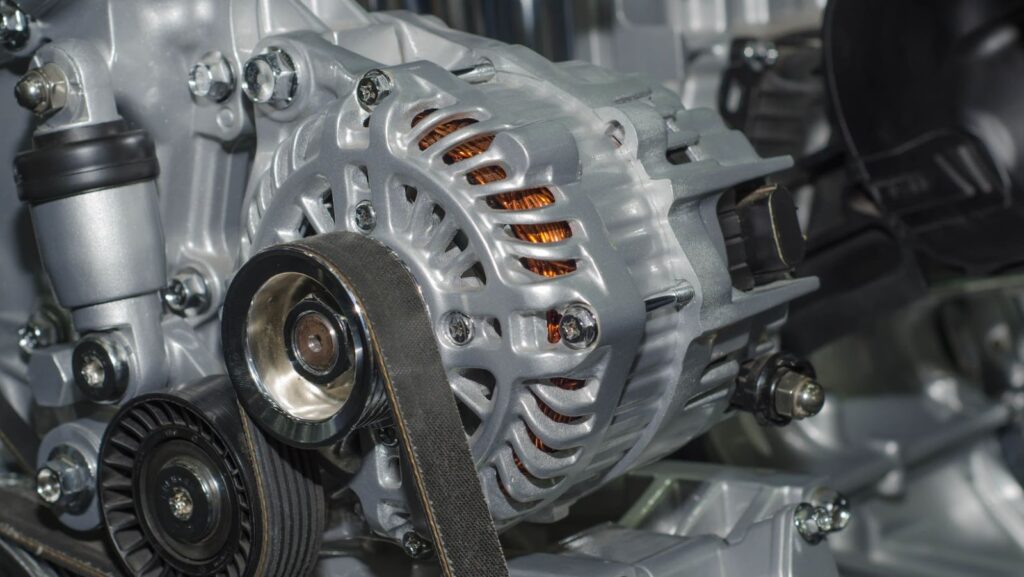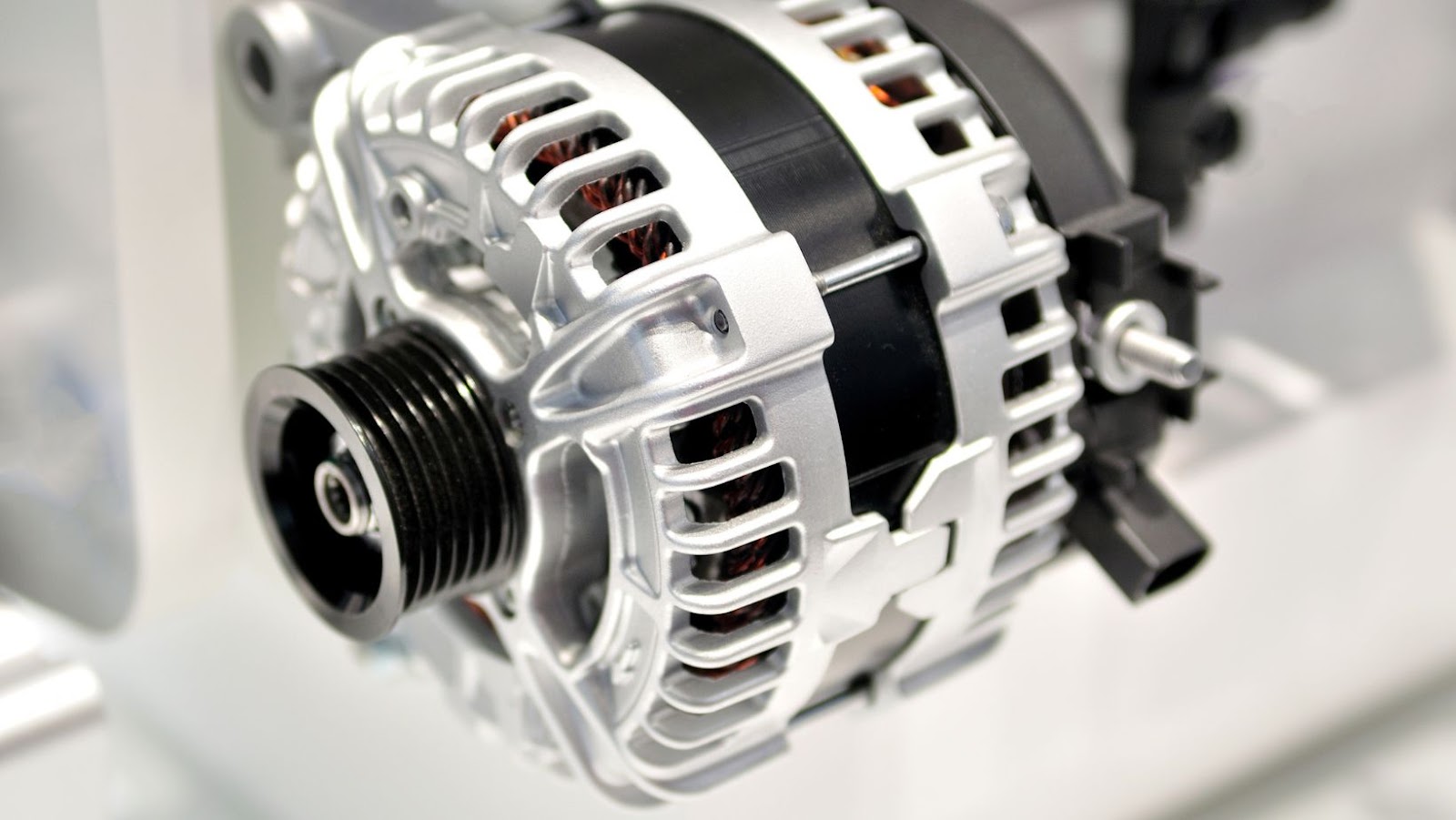
As a car owner, it’s important to know how long your car’s parts will last. One major component of your car’s electrical system is the alternator. The alternator plays a crucial role in ensuring your car’s battery is charged and supplies power to the electrical system while you drive. But how long does an alternator typically last?
The lifespan of an alternator varies depending on a variety of factors, such as the make and model of your car, driving habits, and environmental conditions. However, in general, an alternator can last anywhere from 40,000 to 100,000 miles or 7-10 years before needing to be replaced. It’s important to note that neglecting routine maintenance, such as keeping the alternator’s drive belt tight, can also shorten its lifespan.
If you’re experiencing issues with your car’s electrical system, it’s possible that the alternator may be failing. Symptoms of a failing alternator include dimming headlights, a dead battery, or warning lights on the dashboard. If you suspect an issue with your alternator, it’s important to have it checked by a professional as soon as possible to prevent getting stranded on the road.
If you want more content like this see our next post!
How Long Does Alternator Last
The lifespan of an alternator can vary depending on multiple factors, such as driving conditions, type of vehicle, and maintenance. Generally, a brand-new alternator can last from five to eight years. However, it’s not uncommon to see alternators last more than ten years or even less than five years. Hence, it’s essential to keep track of the alternator’s health and ensure it receives regular maintenance to avoid sudden breakdowns.
Here are some signs to watch out for, which may indicate that your alternator needs replacement:
- Dim lights – If your headlights or dashboard lights are dim, it can indicate that the alternator is failing. The alternator supplies power to the lights in your vehicle, so it’s crucial to address the issue as soon as possible.
- Strange noises – Alternators generate a humming or buzzing noise. If you hear unusual noises from your vehicle, it may be a sign that the alternator is nearing the end of its lifespan.
- Battery warning light – One of the most common signs of an alternator problem is the Battery warning light on your dashboard. If your battery warning light is visible, it’s worth having a mechanic perform a diagnostic test on your alternator to avoid the sudden failure of critical parts.
- Car struggles to start – Alternators can also impact the starter motor and, in turn, the vehicle’s ability to start. If your car struggles to start or requires multiple attempts to start, it may be a sign that your alternator needs replacement.
In conclusion, the lifespan of an alternator depends on various factors, and it’s essential to keep track of the alternator’s health. By observing the signs mentioned above and by performing regular maintenance checks, car owners can avoid sudden breakdowns and save on costly repairs. It’s always better to replace the alternator before it fails altogether, so if you’re experiencing any of the signs mentioned above, it may be time to replace your alternator.

Factors Affecting the Lifespan of an Alternator
As an experienced mechanic, I know that the lifespan of an alternator can vary significantly due to various factors. Here are some of the factors that can affect how long an alternator lasts:
- Driving habits: The way you drive your vehicle can have a significant impact on the lifespan of your alternator. Frequent short trips, aggressive acceleration, and excessive idling can all cause the alternator to wear out faster.
- Quality of parts: The quality of the alternator and its component parts can also affect its lifespan. Cheap, low-quality parts are more likely to fail sooner than high-quality, OEM parts.
- Environmental factors: Extreme temperatures and humidity can cause your alternator to wear out faster. If you frequently drive in harsh conditions, your alternator may need to be replaced sooner.
- Electrical load: The amount of electrical load that your alternator is required to handle can also affect its lifespan. If you frequently use power-hungry accessories like high-powered stereos, the alternator may wear out faster.
- Maintenance: Proper maintenance can help extend the lifespan of your alternator. Regularly checking the battery and electrical system and replacing worn-out belts and tensioners can help prevent premature wear.
So how long does an alternator last? On average, a well-maintained alternator can last between 80,000 and 150,000 miles. However, the lifespan can vary greatly depending on the factors mentioned above. It’s important to have regular maintenance and check-ups to ensure that your alternator lasts as long as possible.












